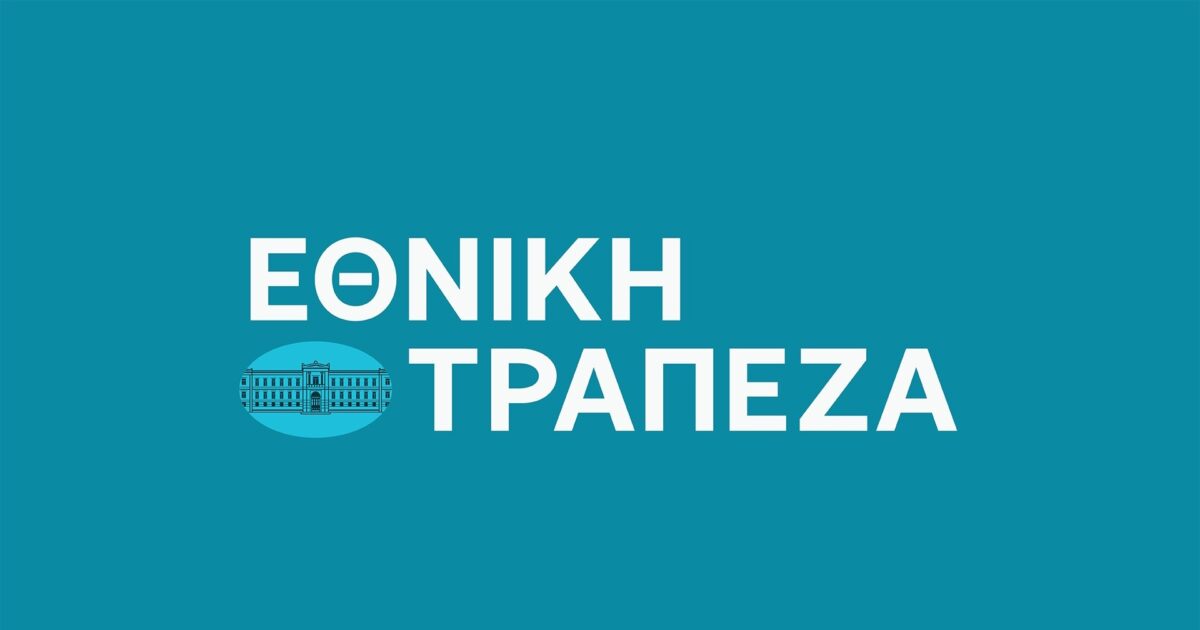With global uncertainty at historically high levels of intensity and duration, it is imperative that it affects their development plans business and tests their strengths.
This answer was sought by the National Bank of Economic Analysis Directorate (EIB) during its regular research on Greek SMEs, concluding a somewhat unexpected conclusion: the unprecedented intense international liquidity of the current situation is not reflected in a similar existence.
Their high defenses seem to be due to a combination of
- their high durability after the experience of the endless crises, but also
- of an apparent relatively low sensitivity to this type of commercial disorders.
Unchanged media index remained unchanged, with the percentage of businesses aimed at developing a slight recovery
Starting with the critical parameter of the business climate, it is found that the expectations of Greek businesses, despite high uncertainty, have remained unchanged in the first half of the year.
In particular, the relevant confidence index monitored by the EIB was maintained near the previous semester levels (16 points), being significantly higher than the average of the previous decade (7 points). At the same time, the majority of the sector maintains active growth plans, with a slight rise over the previous semester (from 51% to 54% of SMEs).
Delivering into the results of a turnover class, the structurally high resilience of medium -sized enterprises is confirmed by the smaller sizes by conquering
- upward index of trust (against a marginal fall of other media) and
- Stable stronger direction for development goals and plans.
Historically high uncertainty does not ‘pass’ with similar intensity in operational sizes of business
Further exploring the context, we observe that the global uncertainty index in the first five months of 2025 – and especially after the US tariff announcements on April 2 – recorded prices of overflows of the average of the last decade, even exceeding the levels of crisis or crisis levels.
The deterioration of the conditions of international uncertainty is confirmed by 55% of the SME sector, with ½ saying it is directly related to aggressive tariff policies and the rest of ½ with geopolitical risks.
With this, the crucial question is how the overall sense of pressure that Greek businesses receive from the external environment is shaped. Here the results of the research are more interesting: Gradual management of pressure from parameters that have severely affected Greek business in previous years (such as high energy prices) seems to compensate for current uncertainty due to tariff policies.
Thus, only 23% of the sector recognizes broad pressure (from multiple external factors) in the operation of the business, compared to 29% for the previous two years, showing that the business defenses have been strengthened.
This image is confirmed by the historically low levels (in the order of 10%) in which the indicators that give us the first risk signals in terms of their financial health: the share of the sector that is on the survival limits and the share of the sector with severe liquidity problems.
By vehicle to recovery demand, businesses are aimed at a positive 2025
Relying on their high strengths, the media remain optimistic about the future. Specifically:
- The future demand index records an upward momentum, reaching 31 points (from 17 in the previous semester), indicating optimism for reversing the downward trend of the last 1.5 years.
- The percentage of SMEs, which it considers that weak demand is a pressing problem, has fallen to 32% of the sector (from 41% in the past two years), indicating that the media interpret the expected improvement in demand conditions as having structural characteristics.
In this context, Greek businesses are expected to maintain their growth dynamism, with a 4% increase in deflated sales in 2025, compared to 3.6% in 2024 – a performance aligned with the general business trend. This prediction is provided that further escalation of geopolitical tensions (such as those focused on the Middle East) is avoided.
Otherwise, business expectations may be overthrown – a possibility that, based on previous experiences in periods of international liquidity, cannot be ruled out. However, under the absence of extreme reversals, Greek business has proven that, by capitalizing the experiences of the previous decade, it has the ability to successfully navigate in complex and unstable environments.
The study can be found on the National Bank Group website, in the section Studies and financial analyzes (Category of Greek entrepreneurship).
